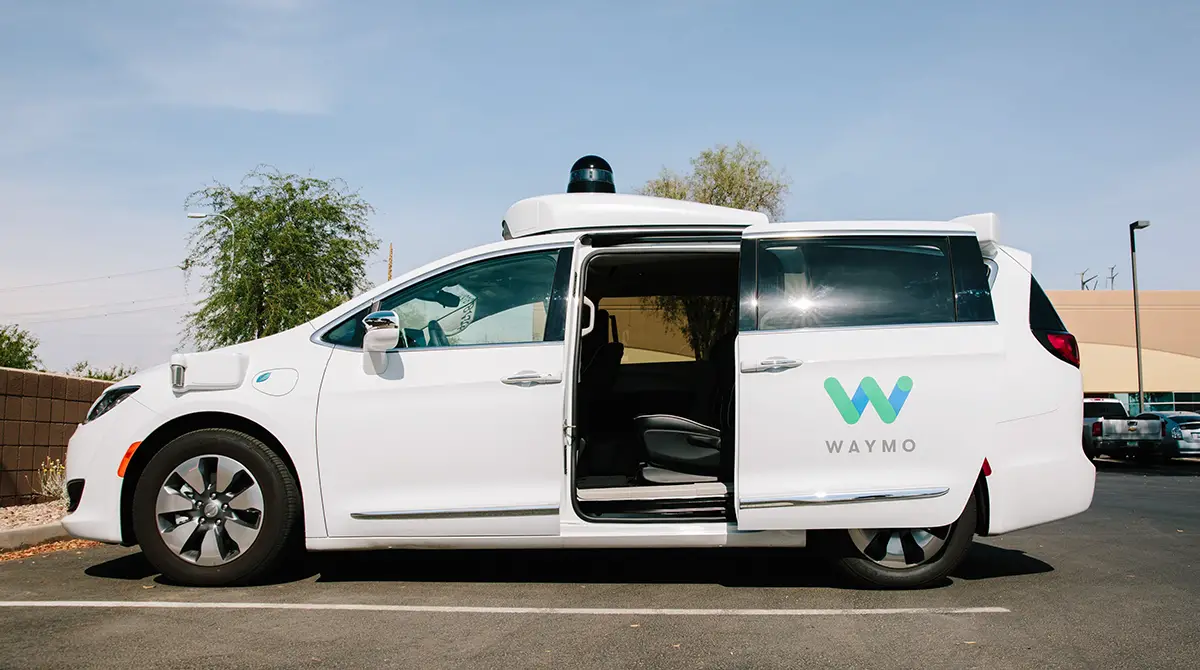
In the realm of transportation, the advent of autonomous vehicles has sparked a technological revolution that promises to reshape the way we move goods and people. From self-driving cars to the latest developments in autonomous cargo planes, the landscape of transportation is undergoing a profound transformation. This blog post explores the current state of autonomous vehicles, with a spotlight on the recent advancements in autonomous cargo planes.
The Rise of Autonomous Vehicles
Autonomous vehicles, equipped with cutting-edge sensors, artificial intelligence, and advanced robotics, have made significant strides in recent years. Self-driving cars have become a familiar sight on our roads, with companies like Tesla, Waymo, and Uber leading the charge. These vehicles use a combination of sensors, cameras, and machine learning algorithms to navigate through complex traffic scenarios, making transportation safer and more efficient.
Challenges and Regulatory Hurdles
Despite the progress, the widespread adoption of autonomous vehicles faces challenges on multiple fronts. Safety concerns, ethical considerations, and regulatory hurdles have slowed down the pace of development. The need for standardized regulations, robust cybersecurity measures, and public acceptance remain critical factors in the journey toward a fully autonomous transportation ecosystem.
Autonomous Cargo Planes Take Flight
In recent months, there has been a buzz in the aviation industry with the emergence of autonomous cargo planes. This development represents a significant leap forward in the application of autonomous technology beyond road vehicles. Companies like Boeing, Airbus, and startups like Natilus have been at the forefront of designing and testing autonomous cargo planes.
Key Advantages of Autonomous Cargo Planes
- Efficiency and Speed: Autonomous cargo planes have the potential to revolutionize logistics by significantly reducing transit times. With no need for human pilots, these planes can operate 24/7, minimizing delays and accelerating the delivery of goods.
- Cost Savings: By eliminating the need for human pilots, autonomous cargo planes can reduce operational costs associated with crew salaries, training, and accommodations. This cost-effectiveness can translate into more affordable shipping options for businesses and consumers.
- Safety: The implementation of advanced AI and navigation systems can enhance the safety of cargo flights. Autonomous systems are designed to react quickly to changing conditions, avoiding collisions and mitigating the risk of accidents.
- Environmental Impact: The optimization of flight routes and fuel efficiency through autonomous systems can contribute to a reduction in greenhouse gas emissions, aligning with global efforts to address climate change.
Challenges in Autonomous Cargo Aviation
While the potential benefits are promising, the integration of autonomous cargo planes comes with its own set of challenges. Ensuring the cybersecurity of aviation systems, addressing concerns related to air traffic management, and developing fail-safe mechanisms in case of system malfunctions are crucial areas that require careful consideration.
The current state of autonomous vehicles, coupled with the recent advancements in autonomous cargo planes, signals a transformative era in transportation. While the journey toward fully autonomous systems faces obstacles, the potential benefits in terms of efficiency, safety, and environmental impact make it a pursuit worth investing in. As technology continues to evolve, the skies and roads of the future may be filled with vehicles navigating their way autonomously, ushering in a new era of mobility and logistics.

